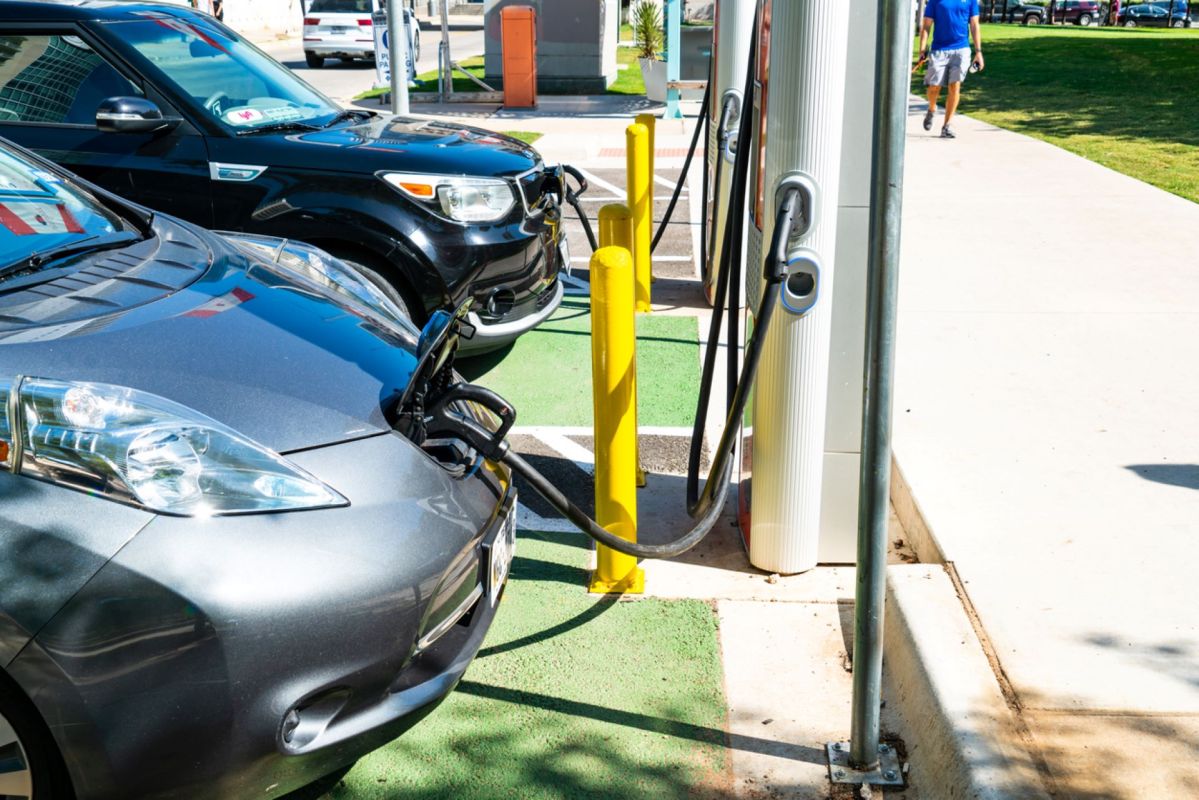After electric cars saw record-breaking sales in 2022, they appear to be only getting more popular.
The news that China plans to limit exports of a critical material for EV production, however, has some wondering about the negative impact of the restrictions on the U.S. economy.
What's happening?
As Axios' Jael Holzman detailed, the Chinese government announced on Oct. 20 that it will limit the amount of both raw and synthetic graphite available to foreign companies beginning in December.
According to the U.S. Geological Survey, 65% of all mined graphite comes from China, while Axios noted that the country also "dominates the market" for the synthetic material.
At this time, it's unclear how long it will eventually take for American companies to acquire graphite, which is essential to electric conductivity in most EV batteries.
"It's not an outright ban … It's too early to draw conclusions. [But] it could be a significant event if the first permits [are] in 18 months," Benchmark Mineral Intelligence chief data officer Caspar Rawles said, per Axios.
Why is this concerning?
The growth of the EV industry has benefited the U.S. economy.
In March, the Environmental Defense Fund reported that the EV market was expected to generate more than 125,000 jobs in 26 states over the next five years. This was in addition to the existing 179,000-plus jobs and $165 billion in investments thanks to EVs.
While those numbers alone are promising, there's another reason to be excited about these vehicles.
EVs reduce the amount of heat-trapping gases and asthma-causing pollution released into our atmosphere compared to gas-powered cars because they have no tailpipe pollution.
What's being done about the restrictions?
National Security Council spokeswoman Adrienne Watson told Axios via email that the White House is "assessing the measure and its potential effects," though Holzman noted that the Biden administration had previously been looking into obtaining graphite from Mozambique.
Prior to China's announcement, there were also a number of researchers experimenting with alternative materials for EV batteries, including a biodegradable solution. New innovations could ultimately help with this issue and be even more eco-friendly by eliminating the harmful pollution associated with both mined and synthetic graphite.
Join our free newsletter for weekly updates on the coolest innovations improving our lives and saving our planet.









